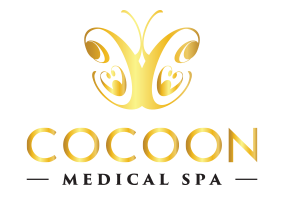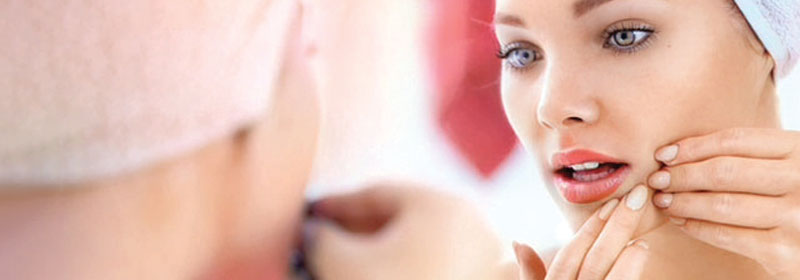What You Need To Know About Acne
I believe for many of us, our teenage years were a confusing era. It’s not easy to handle the hormonal changes that we go through during this period. As well as the body changing, it usually causes most of us to have more greasy hair and spots showing up. I remember how annoyed I used to get by the unattractive pimples and how my mother would explain to me that it was only temporary and would get better. In my situation she was right, but not everyone is as lucky. For quite a lot of people, the spots turn to acne, and some suffer from acne all through their lives.
Acne is caused when tiny holes in the skin, known as hair follicles, become blocked. Sebaceous glands are tiny glands found near the surface of your skin that are attached to hair follicles, which are small holes in your skin that an individual hair grows out of. The glands lubricate the skin to stop it drying out. They do this by producing an oily substance called sebum. In acne, the glands begin to produce too much sebum. The excess sebum mixes with dead skin cells, and both substances form a plug in the follicle. Normally harmless bacteria that live on the skin can then contaminate and infect the plugged follicles, causing papules, pustules, nodules or cysts.
The main reasons of having acne are varied: it can be hormonal, genetic, it can be triggered by smoking or even by spending too much time in the sun. It can be also caused by not choosing the right kind of make up or skin products and can also be stress related. There are several ways to treat acne, and it’s definitely worth visiting a doctor to ask for advice. There are a number of ways they can help, like to subscribe antibiotics, chemical peels or a hormonal treatment, just to mention a few.
However, there are plenty of things you can do in your everyday life to help to prevent acne or to make it better like cleansing your face twice a day, pay attention to the cosmetics you use trying to get water based ones that won’t block the pores, eating healthily, exercising regularly and drinking plenty of water. One last note, it’s never advised to pick at acne as it spreads the bacteria, causing more to surface. Instead, visit an experienced beautician who can thoroughly cleanse your skin with the right products and techniques.



